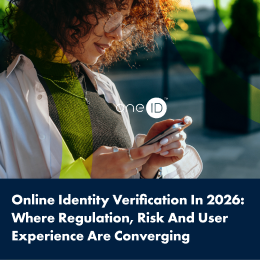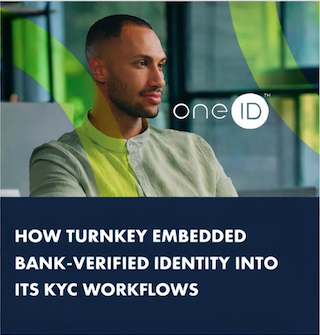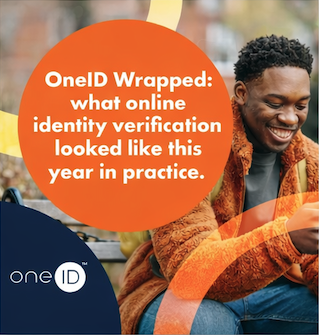Over the last few weeks, several meaningful discussions have been held in the UK focusing on fraud. The Home Affairs Committee on Fraud has had talks with banks and financial bodies to understand their views on the landscape of fraud and how they propose to implement effective countermeasures, and there are more planned for later this month (February).
The OneID® Roadmap to Reducing Online Fraud in the UK is a two-part blog that lays out the tactics and tools needed to build our understanding of fraud and strengthen the UK’s digital infrastructure. We believe this roadmap can help the UK Government achieve its objectives of reducing fraud by 10% by the end of 2024.
Let’s get to part one.
Understanding the scale of the problem: Assessing the Impact of Online Fraud
The threat posed by online fraud to the UK economy is significant, with estimates indicating a staggering loss of £219 billion in 2022. This surpasses government spending on critical sectors such as healthcare, underscoring the urgency of addressing this pervasive issue. Beyond financial implications, online fraud fuels various criminal activities, including counterfeit goods, drug trafficking, human slavery, and terrorism.
Enhancing insights: Establishing a unified reporting framework
To effectively combat online fraud, it is essential to gain a comprehensive understanding of its scale and dynamics. Currently, we have multiple reporting agencies presenting data on different areas. This fragmented reporting either double counts or omits or estimates the incidents of fraud affecting households in the UK.
What are the different types of fraud, and where does it originate from – overseas or within our borders? Who is affected the most, and where does it occur – online or offline? These are some of the questions we must be able to answer before building a strategy.
The Government should establish a standardised reporting framework that will give a comprehensive view of the fraud landscape in the UK. This will be instrumental in determining where to focus our efforts and measuring their effectiveness.
Online fraud: the anonymity of the wild wild web
Fraudsters use the internet’s reach and anonymity to carry out some of the most sophisticated scams. From counterfeit goods and deceptive advertising on social media to authorised push payment frauds, direct debit scams, and dating frauds, the spectrum of online deception affects countless UK households in various guises. Using stolen identity and cards, compromised accounts and money muling piles on the problem.
Statistics reveal that 87% of UK adult internet users have encountered suspected scams online, underscoring the pervasive nature of the threat. Households, particularly those with children, are disproportionately impacted, with a significant proportion reporting financial losses. Impersonation and counterfeit goods scams rank among the most prevalent forms of online fraud, highlighting the need for targeted interventions.
What’s next?
The scale of online fraud has grown considerably; fraud and computer misuse (frequently used to obtain identity data for use in fraud) now account for 50% of all crimes (ONS, 2023). While the Payments Systems Regulator has issued rules to ensure fair compensation to fraud victims, we believe stronger measures should be taken upstream in online services where the fraud and scams actually happen. The cost burden borne by financial institutions can be reduced by stopping fraud at the point of origination using better identity tools.
What would it take to reduce online fraud? What will be the impact of the measures? We explore that in detail in part two of the OneID® Roadmap to Reducing Online Fraud in the UK.

Agentic commerce is already operating inside live retail, payments, and platform environments. For Partn...

Online identity verification entered a new phase in 2025. Across adult platforms, gambling, financial se...

Last month, we joined Turnkey for an industry event to talk about a challenge many regulated platforms a...

2025 has been a year of continued growth and real-world proof for OneID®. As expectations for identity a...